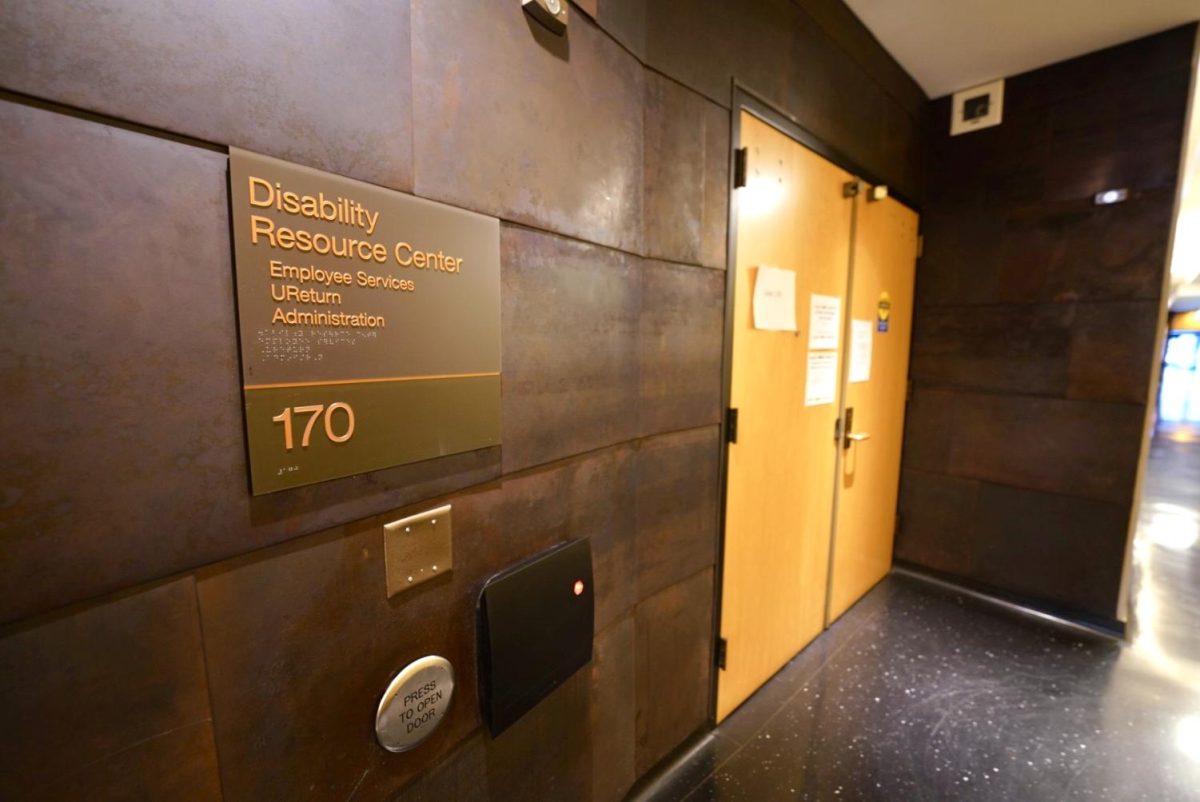Fourth-year student Minzi Sahn registered with the Disability Resource Center (DRC) at the University of Minnesota for the first time a year ago, after her classes had started for the semester. She did not expect to be able to leverage the timed testing accommodations she received in her Business Economics class because of the short notice.
“We usually require students to submit their DRC letter at least three business days before the exam as we are extremely busy getting ready for the exam. You really need to thank Professor Ho-Kim’s kindness for allowing this exception for you,” the economics test center administrator wrote in an email to Sahn.
Professors, students and the DRC work together to compromise on accommodations to address barriers in classes. Faculty, like Professor Thu-Mai Ho-Kim, are under no obligation to grant a request if it is not made in a timely manner or compromises essential requirements of a course or job.
When Sahn sought an extension under her assignment flexibility accommodation for two assignments due later that month, she emailed that her need for an extension was due to hardships she had been experiencing that week relating to her disability.
The test center administrator replied that, while her accommodation letter was not intended to modify due dates or deadlines essential to the outcomes of the course, Professor Ho-Kim was again willing to accommodate the request. The class in question had a strict policy prohibiting deadline and redo modifications, as two homework scores were dropped at the end of the semester.
“These email exchanges when I attempted to use my DRC accommodations last year honestly rubbed me the wrong way,” Sahn said. “It made me feel as if I was burdening them.”
Many students have had problems with using accommodations at the University, either due to disability or extraneous circumstances.
As mental health and reducing learning barriers become bigger parts of the educational narrative, many emphasize the importance of understanding how accommodations fit into a larger story of University inclusion.
What are accommodations?
The University defines accommodations as practices or environment changes made for students with disabilities to overcome the barriers presented by their disability. The University’s main office for implementing accommodations is the DRC, a subsection of the Office of Diversity, Equity and Inclusion.
According to DRC Director Enjie Hall, accommodations aim to address technological, physical and communicative barriers. The DRC ensures computer and media access, provides video captions or takes notes for students, and works with students and course instructors to reach accessible accommodations in the first place.
Title IX Coordinator Tina Marisam said the University is legally responsible for working with individuals who request reasonable accommodations for disability under the University’s discrimination policy.
“It is an interactive process where faculty are responsible for interacting with individuals and the DRC to find accommodations on a case-by-case basis,” Marisam said. “The Disability Resource Center needs to be consulted before an accommodation is provided or not.”
The University is required to seek “reasonable accommodations” for individuals with disabilities. Reasonable accommodations eliminate barriers to education without creating an undue burden on the instructor, according to Hall.
“To the extent possible, accommodations should not place a disproportionate burden on an individual receiving accommodations as compared with other individuals who are not receiving disability accommodations,” the University’s reasonable accommodation policy page states.
The University is not required to provide the specific reasonable accommodation requested, however, according to the University’s policy website. Administrators are encouraged to provide accommodations that do not interfere with coursework or learning objectives or propose an alternative to similarly eliminate or minimize barriers.
Hubbard Student Services Director Rebecca Rassier said staying informed about accommodations involves instructors working with students to see how learning objectives can still be met with accommodations. She added that some classes will inherently have barriers to certain types of accommodations, such as group work accommodations in a class where grades are group-oriented.
“I can’t think of many examples where there’s a dead stop where the two sides can’t figure something out,” Rassier said. “It might be that not all the students’ accommodations can be met, but usually there can be enough.”
What do accommodations typically look like at UMN?
Hall wrote in an email to The Minnesota Daily that most accommodation requests the DRC receives are for academics, most of which are for additional time or alternate locations for quizzes and exams. The non-academic accommodations are generally for housing, such as emotional support animals or an accessible room.
Hall said in an email that the DRC provides one letter per student, per semester, which students give to instructors.
“Last fall, a letter was provided to 3,599 students,” Hall wrote in the email. “For this semester so far, there have been letters provided to 3,135 students.”
School of Dentistry Assistant Dean Mercedes Porter wrote in an email to The Daily that dentistry students participate in traditional lectures, technical skills development and assessment on medical mannequins, eventually moving to patients. Accommodations in the dentistry school, like other colleges, are assessed and determined by the DRC on a case-by-case basis.
“Learners who are registered with the DRC are instructed to contact their course director(s) to discuss how the accommodation(s) may be applied in their course,” Porter wrote in the email.
According to the University School of Law accommodations page, reasonable accommodations must fit the following criteria:
- “It must not compromise essential requirements of a course, program, job, activity or facility.
- “It must not cause an undue administrative or financial hardship.
- “It must not compromise the safety of the student or others.
- “It must not fundamentally alter a course or program.”
Documentation from a service professional who is knowledgeable about a student’s condition plays a role in reaching appropriate accommodations, according to the University Law Department’s Disability guidelines. DRC consultants can assist students with obtaining documentation in identifying and addressing barriers to learning.
Accommodations and mental health
University mental health communication professor Marco Yzer said that in his work as a member of the faculty and instructor committee on student mental health, maximizing clarity and flexibility in a learning environment is an important step in addressing mental health for students.
“What we observed in class was not only that there were more students who were struggling with mental health challenges, it also seemed that there was a lot of unnecessary stress,” Yzer said. “There is cognitive fatigue, and we know this from research.”
Yzer added that he is lucky enough to have classes where flexibility in deadlines is not an issue, but it depends on the coursework, number of students and a variety of other factors.
“If someone says, ‘I’m struggling,’ then this may not be the time for you to try to show me your best work,” Yzer said. “Opening up things, I think, has reduced the number of times people ask for accommodations.”
Yzer said he does not believe accommodations make course materials easier, but rather they make the learning process easier.
“There is absolutely merit in the idea that we need to be very realistic in certain parts of professional careers,” Yzer said. “But it doesn’t mean that trying to make learning easier during college means that we’re not preparing students.”
Challenges in accommodations
University journalism professor Scott Libin said testing accommodations are the single most common request he gets, and that most of the accommodations tend to be related to learning disabilities, mental health issues or even developmental issues.
Libin said the biggest challenges to accommodations for him are attendance and deadlines.
“I sometimes worry that when people use terms like, using your words, ‘flexible deadline,’ that’s not setting students up for success,” Libin said. “I wouldn’t feel right sending students out to start their careers with the impression that deadlines are flexible.”
Rassier said that while there are courses where flexibility is not an option, instructors are sensitive about meeting student needs.
“I really do see that instructors try to be flexible because they want students to succeed,” Rassier said. “It’s just that I think above all, they want to know, ahead of time.”
Libin said it is often the students who work with the DRC who are the most responsible when coordinating extensions and accommodations.
“I’ve spoken with the consultants there on a number of occasions about a number of students, and I know that they are not there to give students a free pass,” Libin said. “They really want, as they’ve expressed their concern to me, these students to develop good time management habits [and] professional standards so they can begin successful careers.”
Libin said there are ways instructors can respond appropriately to family crises and things outside of protected accommodation. He said some scenarios fall outside of normal processes of life, although in his 10 years of teaching, he has never told a student their family crisis does not excuse an absence.
“This is going to apply well beyond college,” Libin said. “You can’t fail to show up to work because you aren’t in the best mood.”
Libin said accommodations are in the best interest of the students. He added that missing deadlines, not managing time correctly or failing to read the instructions on assignments has consequences.
“Now is the time to come to terms with that, not when you are expected to be working as a professional,” Libin said.
Moving forward
Hall said the DRC is continuing to roll out its Accessible Information Management (AIM) process change, along with finalizing its purchasing process, which will include text-to-speech software and other services.
“This software will allow faculty to have their own portal to track letters and see them all in one place,” Hall said. “They can also export out a list of students in a class with the associated accommodation.”
The new accommodations system being implemented will be a game changer because students can still indicate where their letters will go without the potential for misunderstanding, according to Hall.
“What we’re removing is the credibility piece or the uncomfortableness of, ‘I am a student, I’m connecting with my professor, are they going to believe me?’” Hall said. “It removes that because it’s coming from institutional offsets from the faculty member.”
Yzer said the University is increasing access to counselors and diverse resources, although there is still a divide between student awareness and the use of those resources. Mental health issues are ill-understood and require a cultural shift in our approach, he added.
“Mental health awareness includes understanding a lot about different mental illnesses, including many that are very uncomfortable for most people to engage with,” Yzer said. “When you don’t have that understanding, some of these recommendations may look difficult.”
Yzer said facilitating learning and recognition in the mental health context has a lot of overlap with diversity, equity and inclusion.
“It’s about understanding that not everyone is the same,” Yzer said. “Do we care about providing opportunities for different people to get the same outcomes?”
Hall said she is hopeful the new accommodations process will take the pressure off of a lot of students.
“I really think that we are moving in a great direction for not only coordinating the accommodations but also improving access and removing barriers from the systemic perspective,” Hall said
This story was originally published on Minnesota Daily on March 18, 2024.

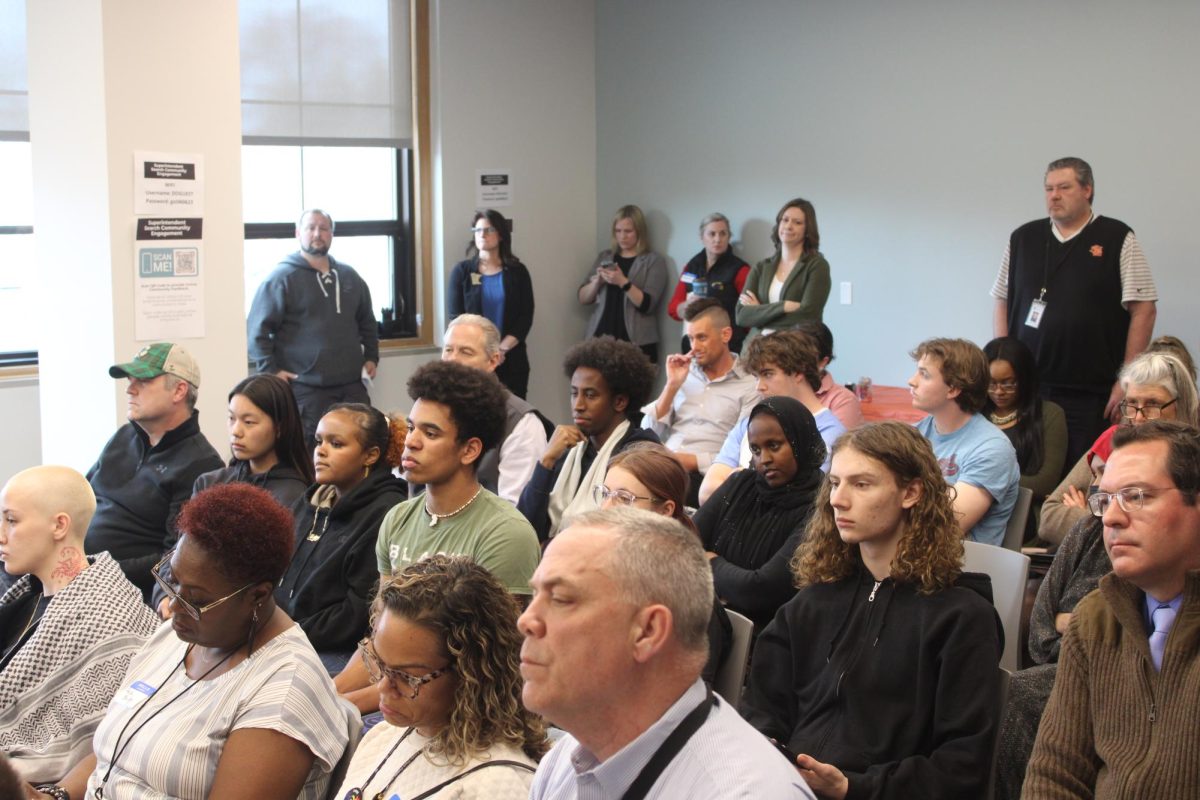

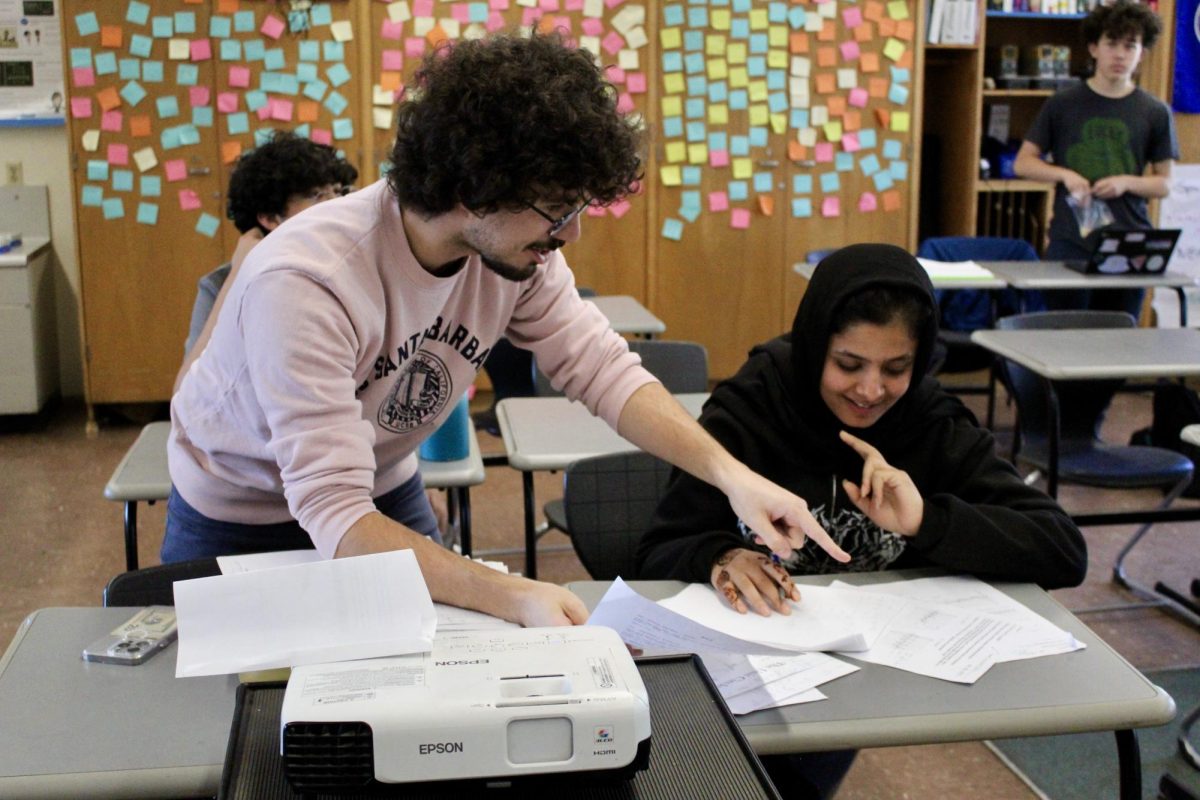



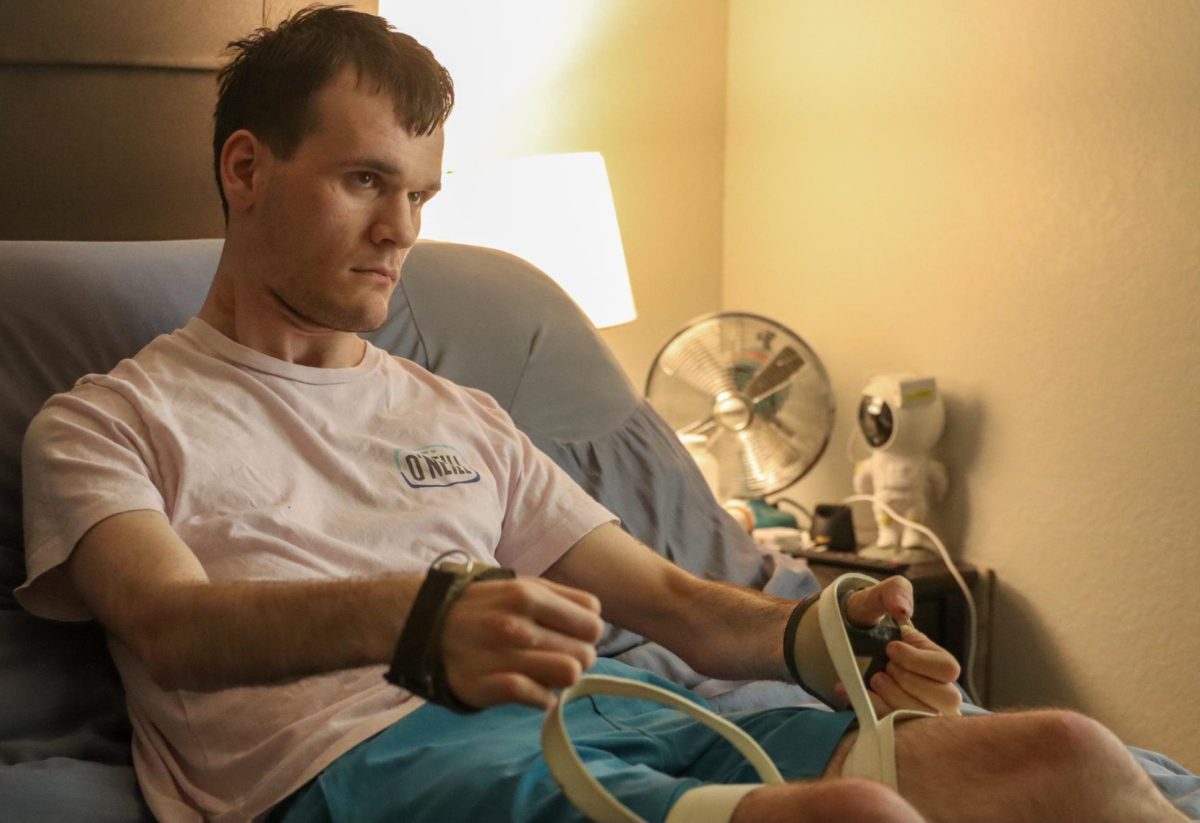



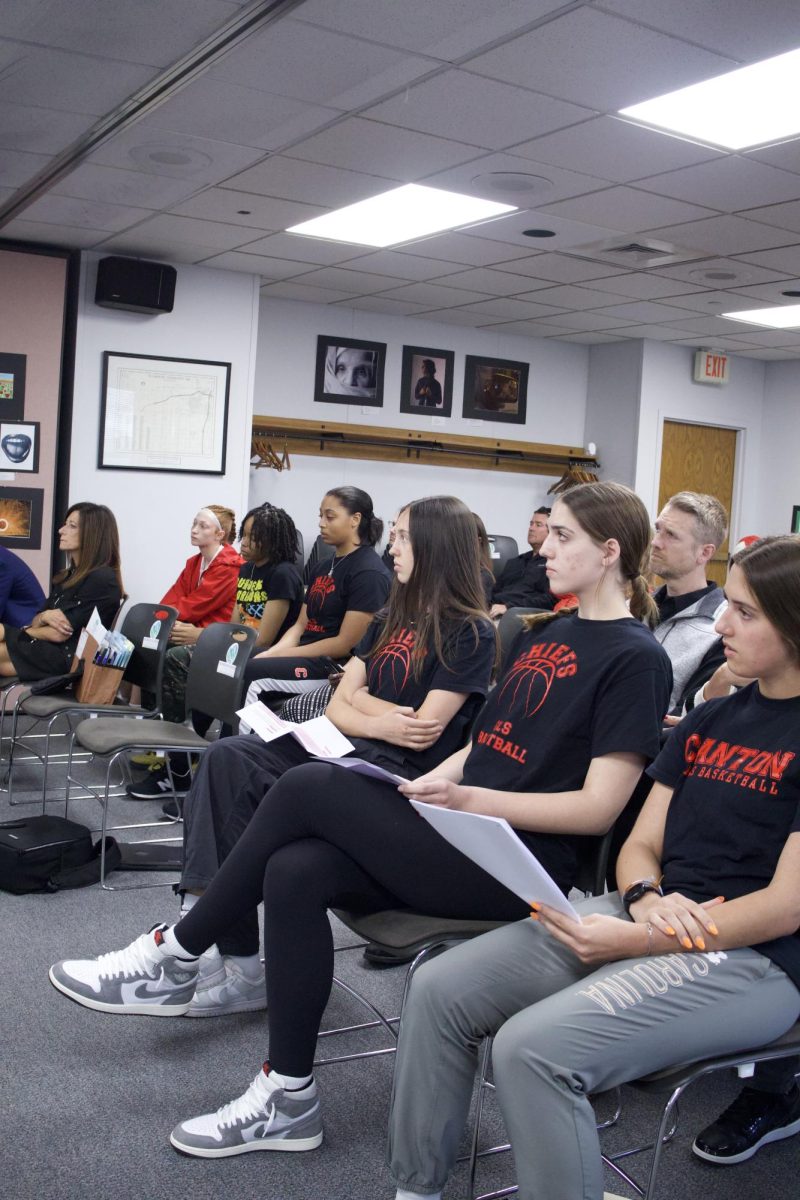

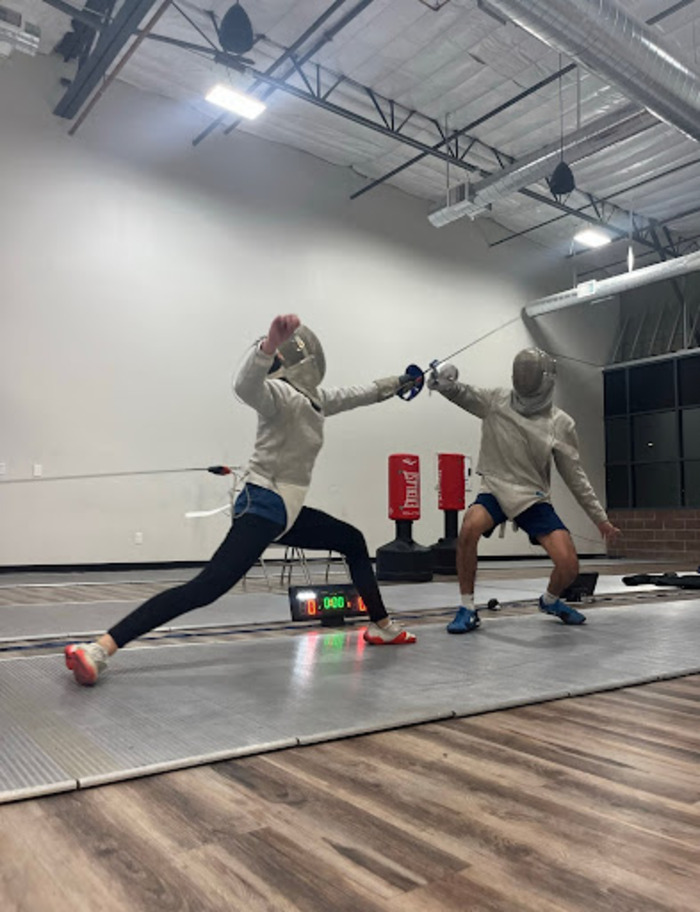

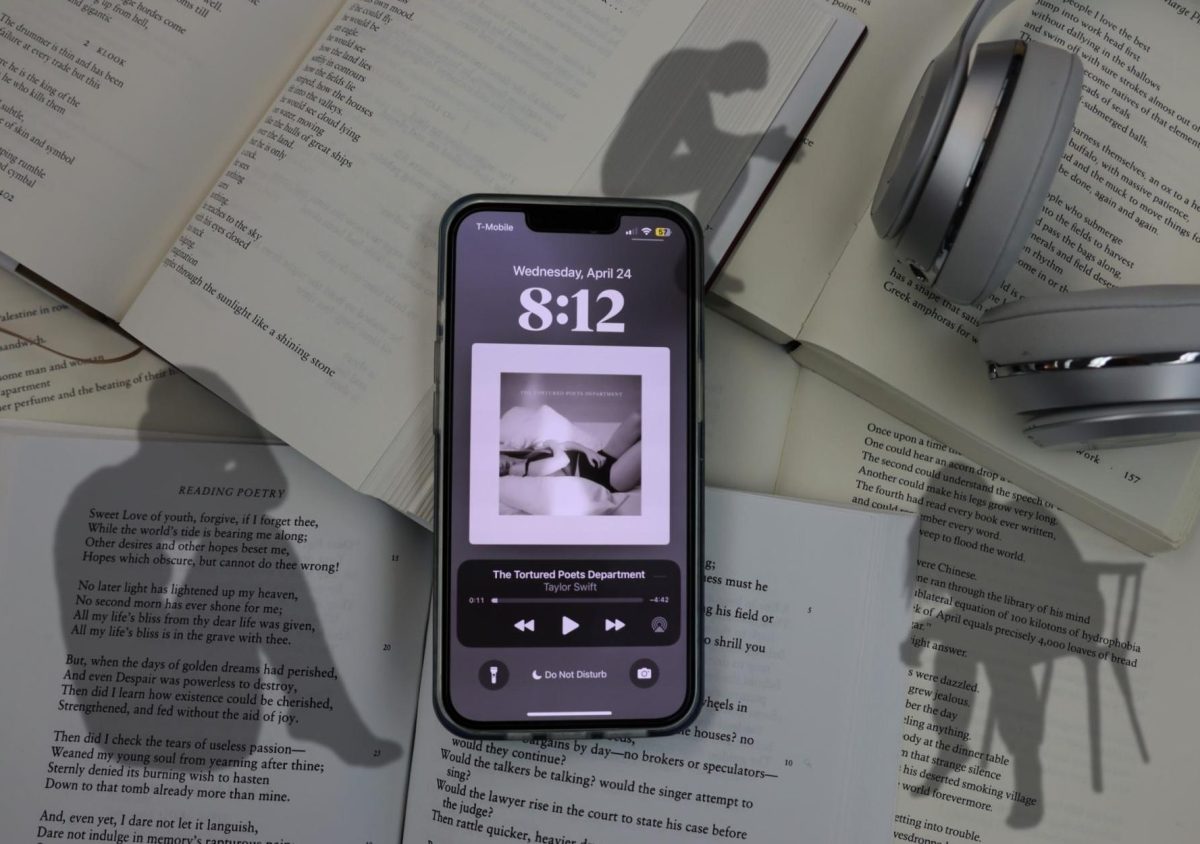














![IN THE SPOTLIGHT: Junior Zalie Mann performs “I Love to Cry at Weddings,” an ensemble piece from the fall musical Sweet Charity, to prospective students during the Fine Arts Showcase on Wednesday, Nov. 8. The showcase is a compilation of performances and demonstrations from each fine arts strand offered at McCallum. This show is put on so that prospective students can see if they are interested in joining an academy or major.
Sweet Charity originally ran the weekends of Sept. 28 and Oct. 8, but made a comeback for the Fine Arts Showcase.
“[Being at the front in the spotlight] is my favorite part of the whole dance, so I was super happy to be on stage performing and smiling at the audience,” Mann said.
Mann performed in both the musical theatre performance and dance excerpt “Ethereal,” a contemporary piece choreographed by the new dance director Terrance Carson, in the showcase. With also being a dance ambassador, Mann got to talk about what MAC dance is, her experience and answer any questions the aspiring arts majors and their parents may have.
Caption by Maya Tackett.](https://bestofsno.com/wp-content/uploads/2024/02/53321803427_47cd17fe70_o-1-1200x800.jpg)
![SPREADING THE JOY: Sophomore Chim Becker poses with sophomores Cozbi Sims and Lou Davidson while manning a table at the Hispanic Heritage treat day during lunch of Sept 28. Becker is a part of the students of color alliance, who put together the activity to raise money for their club.
“It [the stand] was really fun because McCallum has a lot of latino kids,” Becker said. “And I think it was nice that I could share the stuff that I usually just have at home with people who have never tried it before.”
Becker recognizes the importance of celebrating Hispanic heritage at Mac.
“I think its important to celebrate,” Becker said. “Because our culture is awesome and super cool, and everybody should be able to learn about other cultures of the world.”
Caption by JoJo Barnard.](https://bestofsno.com/wp-content/uploads/2024/01/53221601352_4127a81c41_o-1200x675.jpg)





